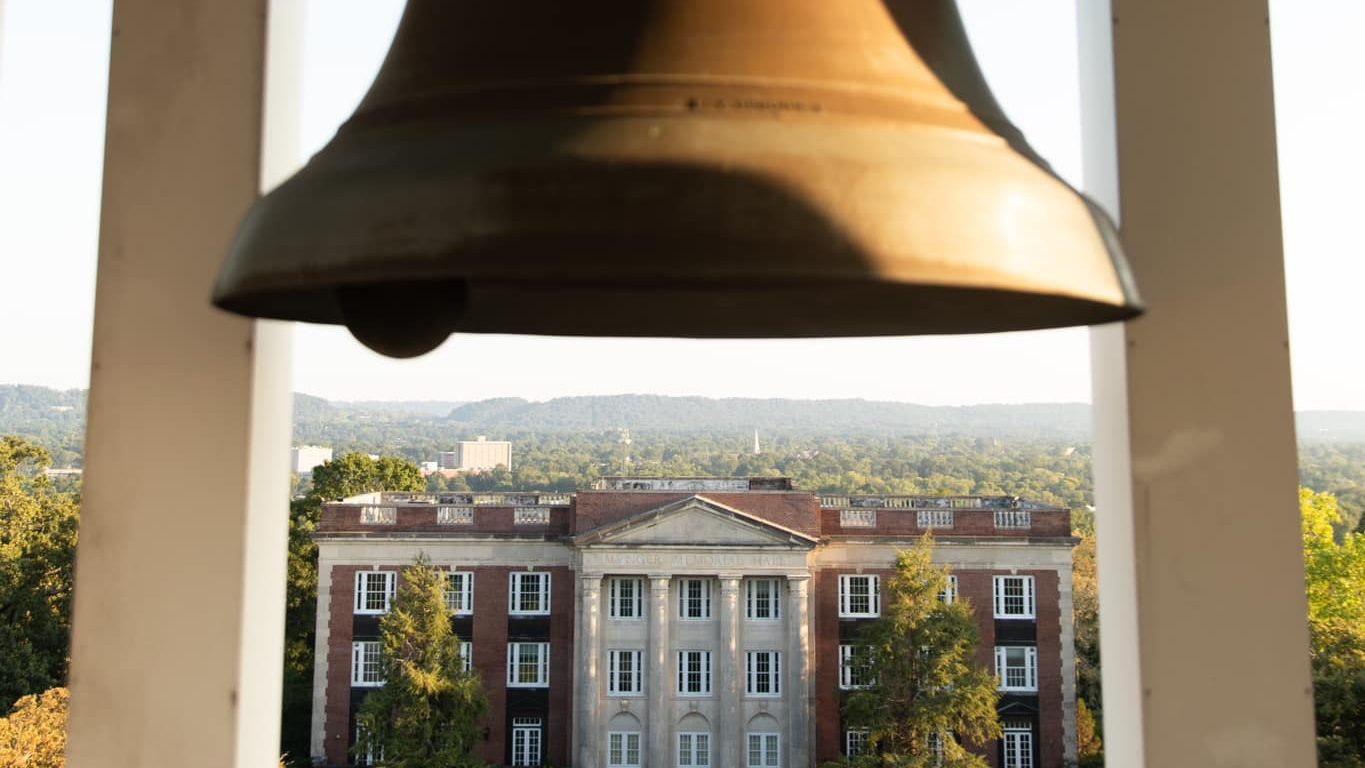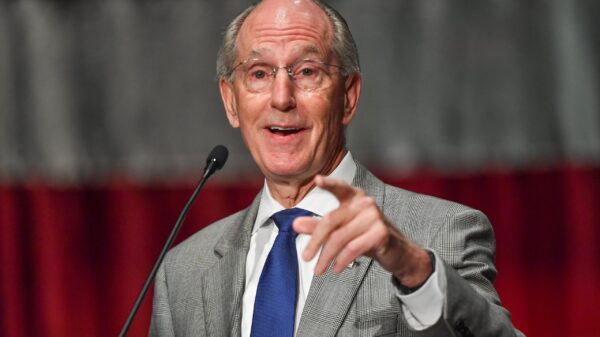The Alabama State Legislature’s decision to extend a financial lifeline to Birmingham-Southern College, under the guise of the institution’s historical significance, marks a concerning deviation from sound fiscal responsibility and the principles of free-market economics.
This legislation seeks to amend the Distressed Institutions of Higher Education Revolving Loan Program, ostensibly created to support institutions like Birmingham-Southern that have found themselves in dire financial straits. Yet, the wisdom of such intervention is questionable at best and disastrous at worst.
At the heart of this controversy is the proposed allocation of $30 million in taxpayer funds to a private institution that has, by all accounts, demonstrated a chronic inability to manage its financial affairs prudently. The list of missteps is long and troubling: significant ill-advised borrowing, misallocation of Pell Grant funds, depletion of a once-robust endowment, and a stark decline in enrollment figures. These are not the hallmarks of an institution deserving of public rescue but rather symptoms of profound and persistent mismanagement.
Young Boozer, Alabama’s State Treasurer, has voiced opposition to this bailout, aligning with the traditional conservative stance that champions free-market principles over government intervention. This opposition is not merely ideological but grounded in a sober assessment of the college’s financial viability and the broader implications of using public funds to prop up private failures.
The legislative maneuvering to bypass the State Treasurer’s oversight, effectively placing loan approval in the hands of a bank that may already be deeply entangled with the college’s finances, is particularly egregious. It’s akin to asking the fox to guard the henhouse, a scenario ripe for conflict of interest and further financial misadventure.
Proponents of the bailout might argue that saving Birmingham-Southern is in the public interest, citing its historical significance and potential for recovery. However, such sentiment, while understandable, should not form the basis for financial decision-making. The hard truth is that public funds are finite, and their allocation toward failing private enterprises comes at the direct expense of other critical public services and needs.
The principles at stake go beyond the fate of a single institution. There’s the principle of moral hazard: the dangerous precedent set by bailing out entities that have not exercised due diligence in their financial decisions. There’s the principle of market competition, which is undermined when failing businesses are artificially sustained, crowding out more viable, innovative alternatives. And, fundamentally, there is the principle of fairness: why should the burden of rescuing a privately mismanaged college fall on the shoulders of Alabama’s taxpayers?
The case of Birmingham-Southern College should serve as a cautionary tale, not a template for future action. It’s a stark reminder of the need for accountability, both in private enterprise and public governance. Rather than setting a dangerous precedent of financial rescue for institutions that have failed to govern themselves with fiscal prudence, Alabama’s lawmakers should reaffirm their commitment to responsible stewardship of public resources. In doing so, they would send a clear message: that the path to financial solvency lies not through bailouts and governmental lifelines but through sound management, accountability, and the hard decisions necessary to ensure long-term viability.






















































